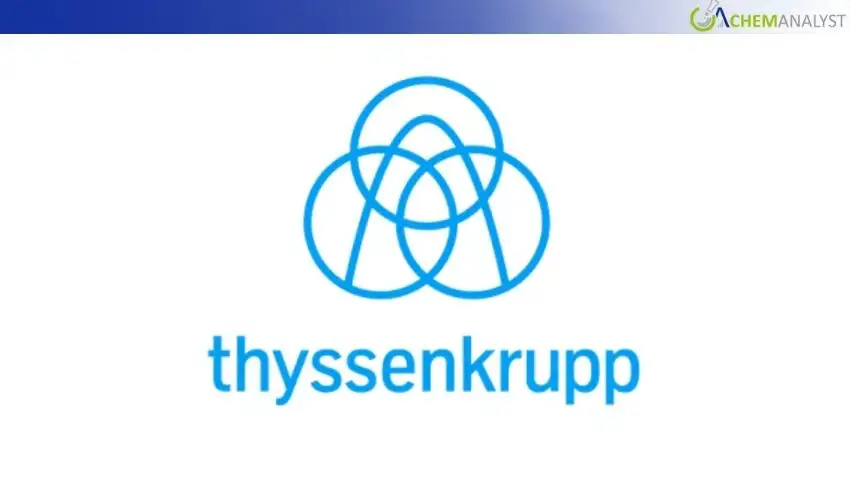Welcome To ChemAnalyst

This strategic partnership secures licenses for up to six large-scale plants, crucial for decarbonizing industry by converting imported ammonia back into hydrogen.
In a significant move poised to accelerate the establishment of a global hydrogen market, energy company Uniper and engineering and technology firm thyssenkrupp Uhde have announced the signing of a long-term framework agreement. This strategic partnership centers on the use of ammonia cracking technology, which is vital for transforming ammonia—an efficient carrier for hydrogen—back into pure hydrogen for industrial use.
The agreement is a critical enabler for the large-scale, long-distance transport of hydrogen, which is technically and economically challenging in its gaseous form. Ammonia, which can be liquefied easily, serves as an ideal transport and storage medium. However, its utility for massive energy imports hinges entirely on reliable, high-performance cracking technology to release the hydrogen at the destination point.
Uniper has secured license packages for up to six commercial ammonia cracking plants from thyssenkrupp Uhde, a leader in world-scale ammonia plant construction. These plants boast a substantial combined capacity of 7,200 metric tons of ammonia per day (mtpd), a scale that directly supports the planned decarbonization efforts across national and European industries.
The framework agreement specifically establishes the terms for integrating this technology into Uniper’s planned hydrogen import terminal in Wilhelmshaven, Germany. The license package is comprehensive, covering engineering services, the supply of main equipment, and catalysts required for the cracking process.
Uniper is currently advancing the pre-FEED (front-end engineering and design) phase for a commercial plant at the Wilhelmshaven site. This phase is crucial for defining the project's scope, establishing the design basis, and thoroughly reviewing its technoeconomic feasibility and associated risks.
Holger Kreetz, COO of Uniper, emphasized the strategic necessity of imports: “Domestic production alone cannot meet future hydrogen demand—imports of hydrogen derivatives will be essential. Our agreement with thyssenkrupp Uhde marks a decisive next step toward enabling global hydrogen trading. we are laying the foundations for the infrastructure that Europe needs for its energy future.”
This new framework agreement builds directly on a previously announced collaboration from spring 2025: the construction of one of the world’s first demonstration plants for ammonia cracking. Located at Uniper's Gelsenkirchen-Scholven power plant site in Germany, this pilot plant has a capacity of 28 mtpd and serves as the technological foundation for the significant commercial scale-up now formalized.
We use cookies to deliver the best possible experience on our website. To learn more, visit our Privacy Policy. By continuing to use this site or by closing this box, you consent to our use of cookies. More info.
